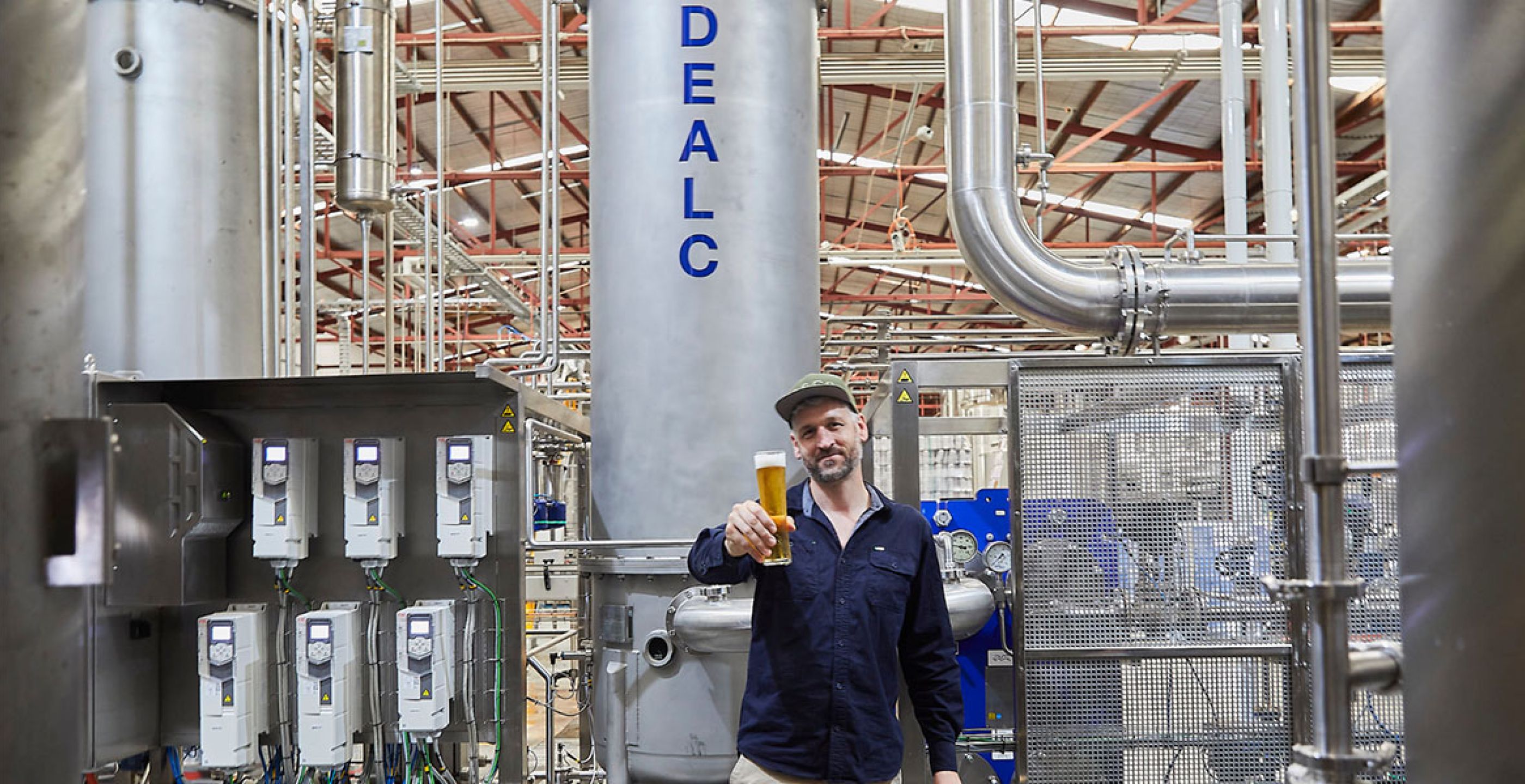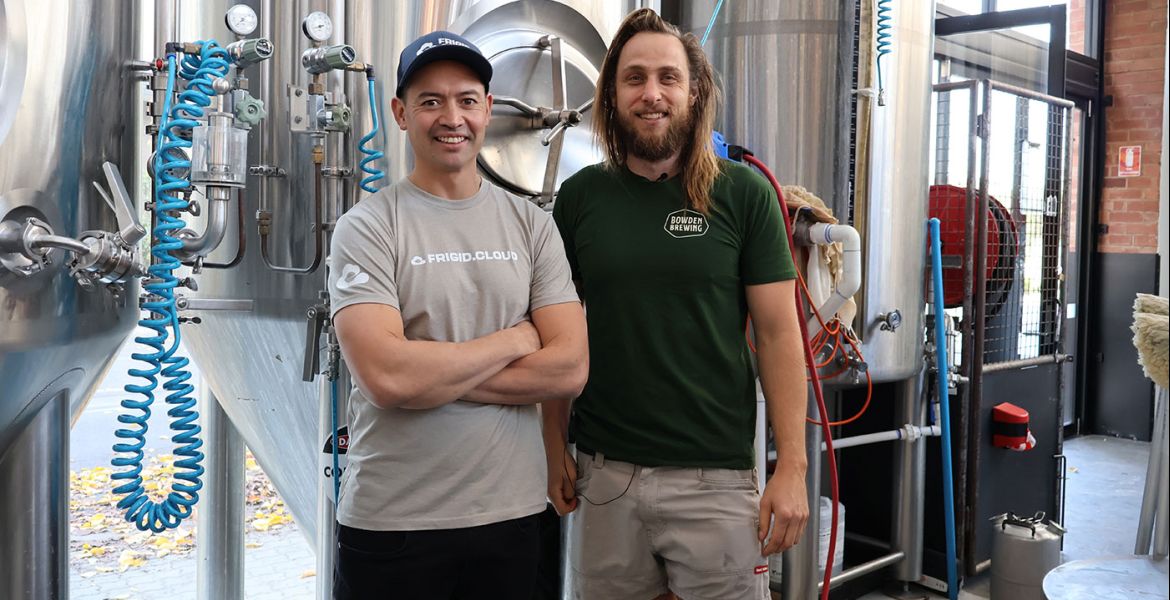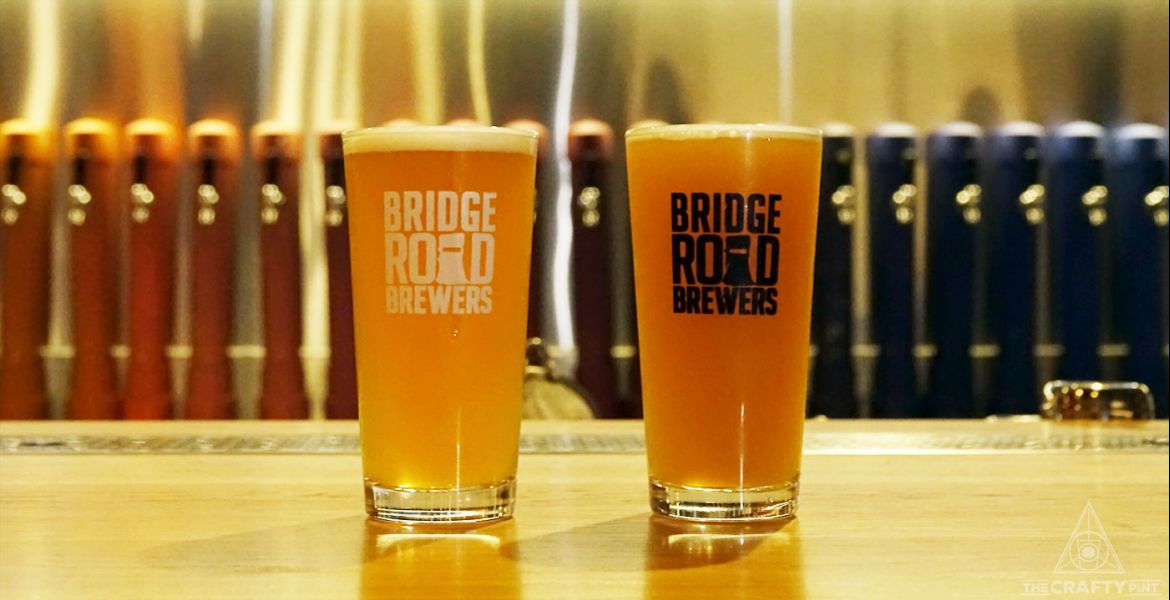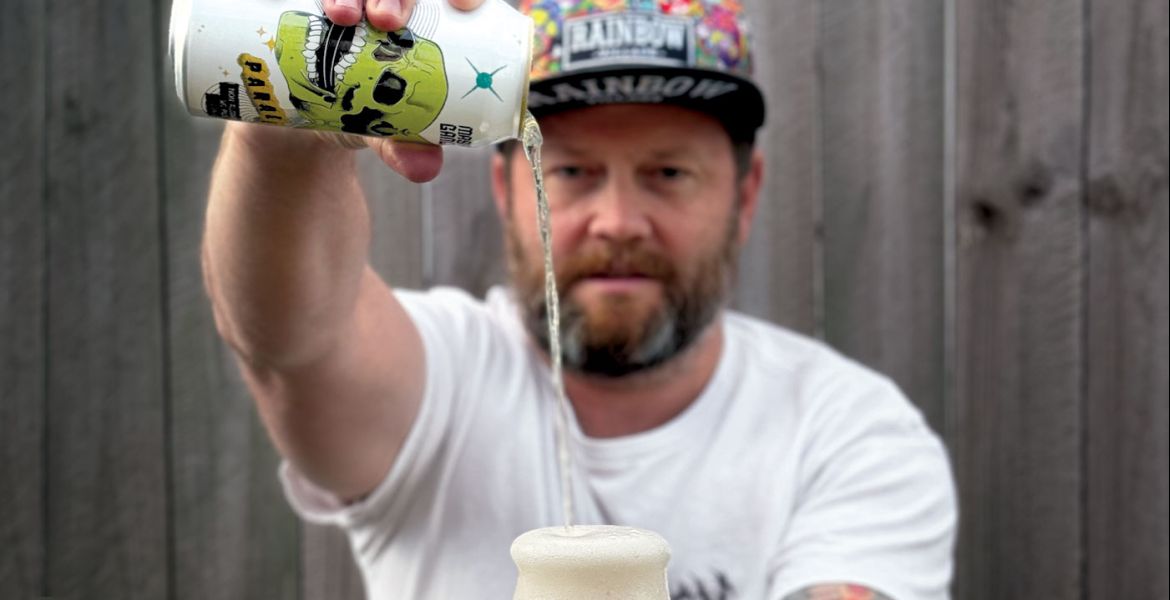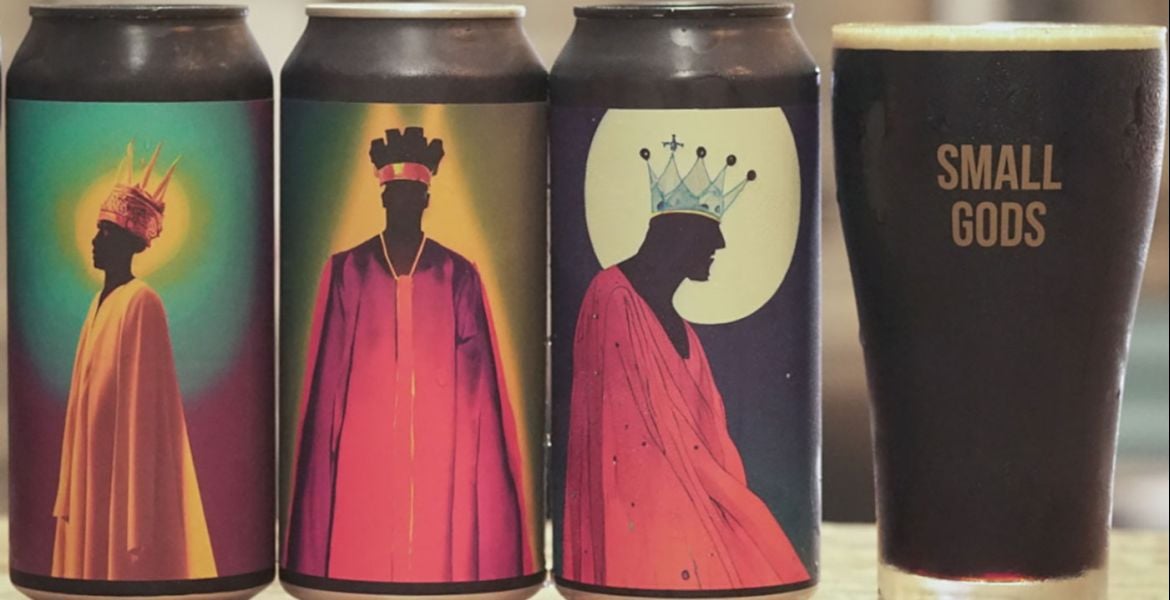The last few years have seen brewing companies big and small add alcohol-free beers to their lineup. And now CBCo are claiming an alcohol-free first for indie brewers with the launch of the CBCo Zero Range.
They have installed a De-Alc Module from Alfa Laval at their Port Melbourne brewery with Tropical Sour the first Zero beer tapped at the brewery. It's a system that has typically been the domain of much larger breweries, with CBCo head brewer Ash Hazell telling The Crafty Pint that, while they're working through some fun challenges this early in their adoption of the new tech, they envisage a range of benefits.
For one, he believes it gives their beer a point of difference in the market and because the process removes alcohol from a beer, they're hopeful as to the potential future uses for that spare booze.
As for the reasoning behind the investment in Alfa Laval's system, Ash believes they can achieve better results with the finished product. Typically, alcohol-free craft beers in Australia rely on certain yeasts that don’t fully convert the sugars in wort into alcohol – you can read more about the process here. And while he says there are plenty of great-tasting beers on the market that use this process, he also feels it can, at times, leave a sweetness or worty flavour.
“They’re beer but they’re not fully fermented,” he says. “Whereas we’re making beer, fermenting it fully, and then removing that alcohol out, which gives us a more traditional finished beer without the alcohol.”
As he explains: “[The De-Ale Module] removes alcohol through vacuum distillation. It runs through this chamber that runs counter-flow steam, and it basically just evaporates the alcohol out of the beer.”
Although the newly-installed has been a significant investment – and comes on the back of a considerable brewery expansion in Port Melbourne – Ash believes it gives them a unique selling point. Sure, all beer that sits below 0.5 percent ABV is considered alcohol-free (and here we're talking about similar booze levels to those you might find in kombucha), but their tests are showing their beers sitting comfortably below 0.05. In fact, they've upgraded their lab to guarantee where their new range sits and, while a very small trace amount of alcohol is possible, he says early results are looking good.
“We’re finding it’s reading 0.00,” Ash says. “So, it is effectively zero rather than 0.5, so it does give us a point of difference compared with what the rest of the market is doing.”
CBCo will be flash pasteurising the alcohol-free beers, but Ash says this isn’t due to concerns over refermentation but instead a food safety requirement due to the removal of alcohol as a preservative.
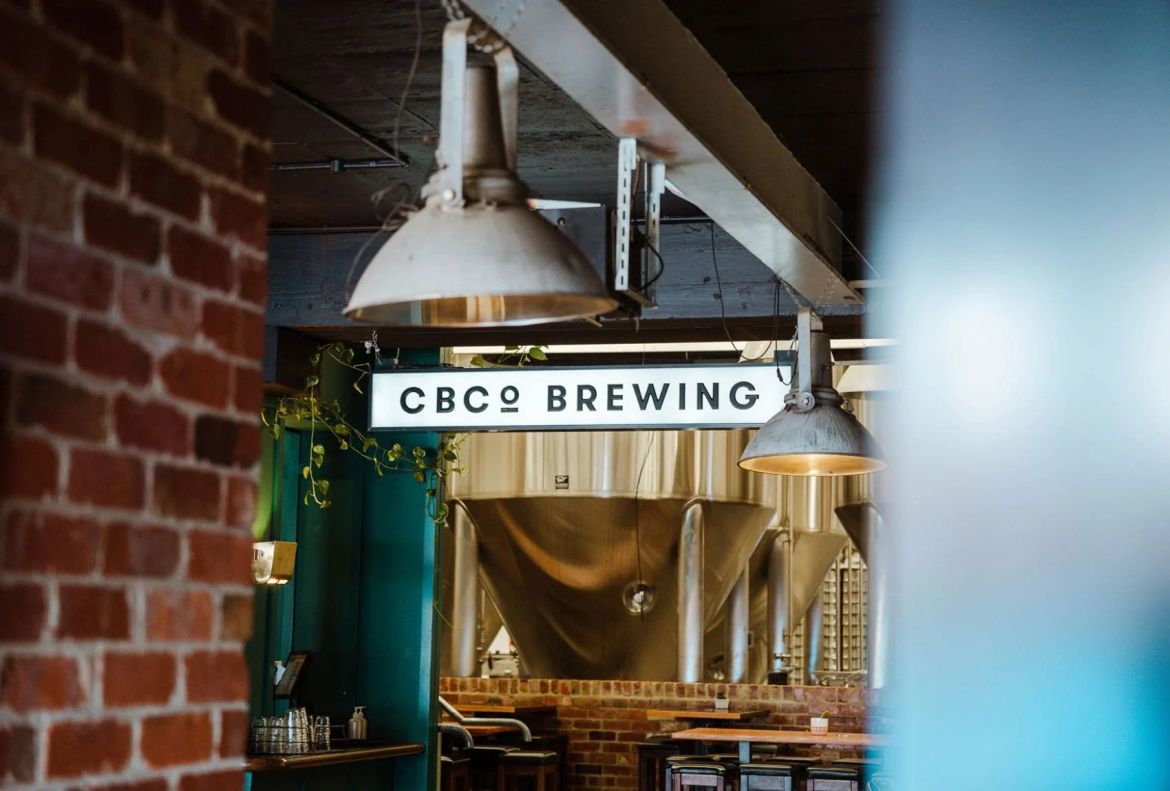
One early challenge they've faced is using the system with hoppy beers: the alcohol-removal process also takes out many hop flavours.
“Hop aroma, some yeast esters and some flavour-positive compounds also get stripped out by the process, being volatile compounds,” Ash says.
But he adds that it's early days; they’re still trialing recipes and ways to layer hop flavours back in, for example by using advanced hop products.
Where they have found early success, however, is with fruited sours, which is fitting given the success of their South West Sour range. The aforementioned Tropical Sour uses distilled fruit compounds that carry through even when the alcohol is removed.
“So, you get the aroma and flavour from these products without any of the actual pulp matter and the solid matter, or the sugars, so the beer isn’t sweet,” Ash says.
“We’re finding sours are working really well for us because the acidity is enough to keep body and flavour that otherwise is missing with the reduction of alcohol.”
The design of a hoppy lager is underway while, on a personal level, he can’t wait for the return of winter to see how their Porter handles the process.
“I can’t wait to run Porter through this unit because I think it’s going to be delicious,” he says. “There’s so much body and flavour there already.”
As for the potential benefits that come with removing alcohol from beer, he says it could become another product or even a fuel source: "Environmentally speaking, we’re creating a product – we may as well do something with it and fuel is expensive now.
"So, there are some synergies there and we do want to be making sure that we're not just pumping more waste into the planet."
Given CBCo's bullishness around and investment in lower-strength beers dating back to the development of their Small Ale many moons ago, the brewery's investment in the non-alc space suggests this fast-growing sector of the market isn't going to fade away any time soon.
“This is another take on it and a point of difference and, hopefully, having more range out in the market in the craft space is a positive,” Ash says of their debut in the world of non-alc beers.
“I do think it’s a big part of the future of beer and hopefully it will help beer, craft beer especially, stay relevant in the market that is charging. People are drinking less and becoming more health conscious. But beer is delicious, and we want to make sure beer is part of that future."
The CBCo Zero Tropical Sour is currently available on tap at their Port Melbourne brewery, while cans of the brewery's zero-alc beers will be out in the world in the near future.
To celebrate the launch, CBCo are offering a free pot of the beer to anyone 18 years and over who visits the brewery in February.



